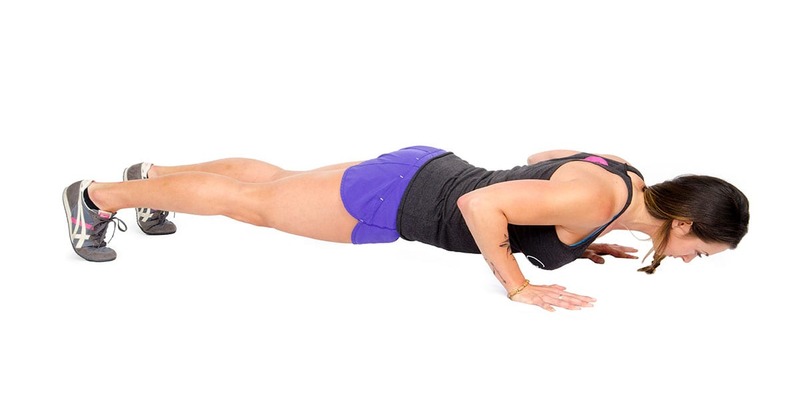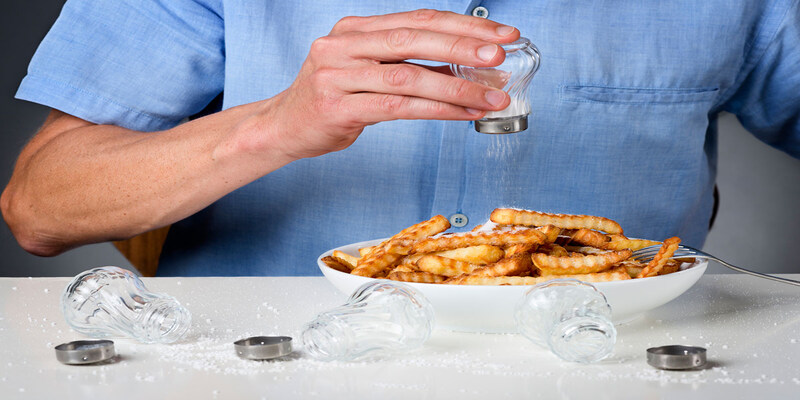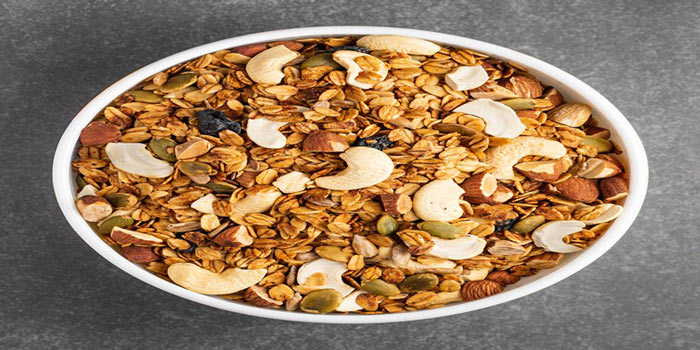Feeling famished after exercising? The metabolism increase from a good workout makes you hungry. Research shows that exercise affects our post-workout meal choices, but that doesn't imply we should consume burgers, fries, and pizza. Often, we think we've burned more calories than we have, leading us to consume more than necessary for muscle repair. And sometimes, we might choose less nutritious options.
Workouts are thought to burn tons of calories, which can contribute to overeating. Overeating after a workout can hurt our fitness and cause nausea from over eating. Understanding the relationship between digestion, exercise, and post-exercise nutrition is vital. Making smart food choices and focusing on nutrient-rich foods can enhance metabolism without sidelining one's fitness goals. The food you choose after your workout should reinforce your efforts, aiding muscle recovery and overall health.
Why You're Hungry After Exercising
Regular physical activity often stokes your appetite because of the uptick in metabolism. It's well-understood that there's a link between workouts and feeling hungry afterward, but managing this hunger is critical.
- Energy Restoration: Physical activity naturally amplifies food cravings as the body seeks to replenish energy and mend muscles. But it's essential not to take this as a free pass to indulge in unhealthy post-workout snacks, as they could set back your fitness aspirations.
- Overestimating Caloric Burn: It's easy to overthink how many calories we've burned and overeat. Doing so can derail our efforts towards fitness and maintaining a healthy weight.
- Hormonal Changes: Exercise triggers the release of certain hormones, like ghrelin, which is known to stimulate appetite. As the body's hormone levels adjust post-exercise, you might feel more desire to eat. Consider it as one of the signs of over eating.
- Fluid Depletion: Intense workouts can lead to dehydration, which our bodies sometimes interpret as hunger. You might be thirsty, but it feels like hunger, prompting you to eat more.
- Psychological Factors: Sometimes, the hunger is more psychological than physical. We might feel that we "earned" a treat after a particularly grueling workout, leading to increased food consumption.
Tips To Stop Overeating After A Workout

1. Maintain Regular Eating Intervals
Regular meals every 3–4 hours can balance blood sugar levels during and after exercise. This stability prevents a large insulin rise at your following meal, which can lead to fat storage. Even though you're eating frequently, it's crucial to manage portion sizes to prevent excessive calorie intake. Aim for meals that are around 500 calories, and keep snacks to approximately 200 calories. This will help you maintain a daily intake of about 1,600 to 1,800 calories, ensuring you're fueling your body without overdoing it.
2. Add Protein in All Meals
Incorporating protein in your meals is a great way to enhance feelings of fullness. Protein-rich foods stimulate the release of gut hormones that provide a satiated feeling. Start your day with breakfast options like eggs, yogurt, soy milk, or oatmeal. For subsequent meals and snacks, diversify your protein sources. Include nuts, beans, whole grains, low-fat dairy, fish, lean meats, and poultry. This ensures that you're not only getting enough protein but also benefiting from various essential nutrients.
3. Eat Fiber-Rich Foods
Foods high in fiber add volume to your meals without adding unnecessary calories, making you feel full on less. Set a daily goal of consuming 25 to 30 grams of fiber. Make it a point to include at least 5 grams of fiber in each meal and snack. Some meal ideas to boost your fiber intake include a 1/2 cup of black beans with 1 cup of steamed spinach, complemented by 1/2 cup of raw carrot sticks. For snack breaks, consider pairing an apple with a handful of nuts or having a rye crispbread alongside a juicy pear. These options not only provide dietary fiber but also a spectrum of vitamins and minerals essential for overall health.
4. Stay Hydrated to Curb False Hunger
Intense physical activity often leads to increased thirst, but it's not uncommon for us to misinterpret this thirst signal as hunger. The next time you feel the urge to snack, especially after a workout, consider quenching your thirst with water first. While sugary beverages might seem tempting, they can quickly negate the calorie deficit achieved from your exercise session after over eating.
5. Rethink Your Hunger
A crucial post-workout practice should be introspection: "Am I genuinely hungry?" If you find yourself hesitating or unsure, there's a chance you didn't hydrate enough during your exercise. It's a frequent misstep to confuse thirst with hunger. Instead of immediately reaching for a snack, try drinking a tall glass of water and gauge how you feel a few minutes later.
Still feeling that hunger pang? Then, it's time to nourish yourself. After a brief workout, a snack in the range of 150-200 calories, such as Greek yogurt or a mix of nuts, should suffice. However, for longer or more strenuous sessions, especially involving weight lifting, you'll want a more substantial snack or meal to replenish.
Bonus Tip: Think About the Burned Calories

Exercise burns calories, but this calculation must be realistic. We often underestimate food calories and overestimate exercise calories. Making wise post-workout meal selections is crucial. After a challenging workout, ice cream is nice, but a more balanced approach is best. A complete breakfast with complex carbs, high-quality protein, and healthy fats can give your body the nutrition for healing and muscle regeneration.
For a lighter post-workout, try healthful foods. Consider adding Greek yogurt with berries, a protein drink, or almonds to avoid problems after over eating. Because of their macronutrient balance, these options fulfill post-workout hunger without compromising fitness objectives.
Enjoying your post-workout meal might boost calorie consumption. Savoring and eating thoughtfully reduces calorie intake, fostering a healthy relationship with food.
Calorie balance is crucial to fitness and well-being. While exercise is essential, ensure your post-workout diet matches your goals to stay on track. Consult a trusted nutrition guide for post-workout nutrition options.






